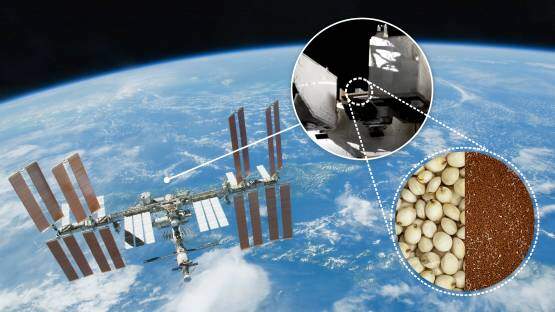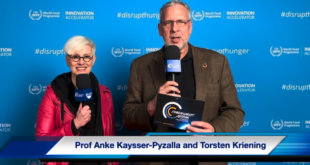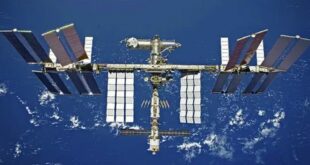
London, 21 April 2023 – Seeds sent into space last year returned to Earth on the 15th of April for joint efforts by the International Atomic Energy Agency (IAEA) and the Food and Agriculture Organisation of the United Nations (FAO). This feasibility study aims to determine the effect of cosmic radiation, microgravity and extreme temperatures on plant genome and biology towards generating sufficient genetic variation for enhanced adaptation to climate change.
The seeds were launched from NASA’s Wallops Flight Facility in Virginia, USA on the 7th of November 2021 to spend five months at the International Space Station. Arabidopsis and Sorghum seeds were sent because there is already a large bank of scientific data available for comparison. They were released from the ISS in the SpaceX CRS-27 cargo craft at 17:05 CEST on the 15th of April and landed off the coast of Florida. They will be screened and analysed for desirable traits at the laboratories of the Joint FAO/IAEA Centre in Seibersdorf, Austria.
“This is science that could have a real impact on people’s lives in the not-too-distant future, by helping us grow stronger crops and feed more people,” says Rafael Mariano Grossi, IAEA Director General. “IAEA and FAO scientists may have already been mutating seeds by radiation for 60 years and creating thousands of stronger crops for the world to use, but this is the first time we have experimented with such an exciting field as astrobiology.”
In both crop species, DNA will be extracted and sequenced, to compare the changes between the seeds that were irradiated in a laboratory, those that were positioned inside the ISS, and those that were positioned outside the ISS and received the full exposure to cosmic radiation, microgravity and extreme temperatures. These comparisons, together with the comparative analysis of plant biology, will help to understand whether harsh space conditions have a uniquely valuable effect for crop improvement and could potentially benefit people on Earth.





